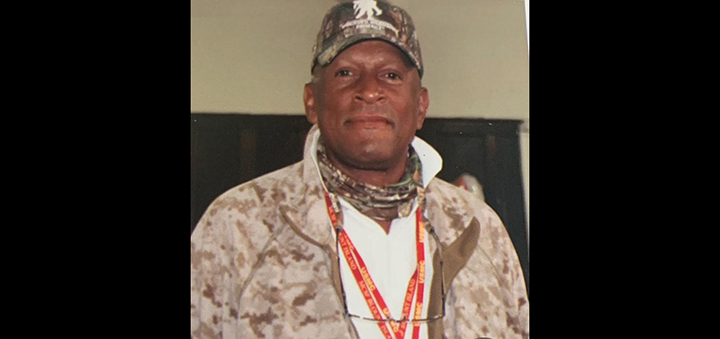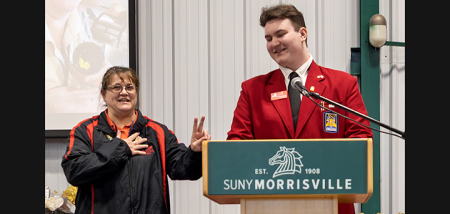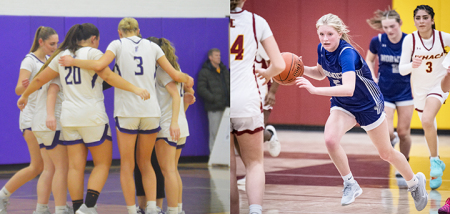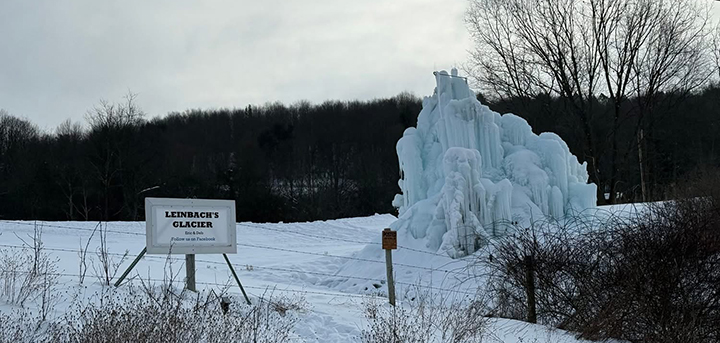Tilting At Windmills: Remembering My Marine
Published:
May 23rd, 2025
By:
Shelly Reuben

I met Byron Houston Coates when we were both on leave from reality and living in New Jersey.
Me, having fled from New York City for a boring job at a management consulting company, because – or so I said – I was tired of being propositioned by married men. And Byron, on sabbatical from his life in the Marine Corps, after having spent two brutal years in Vietnam.
I had forgotten how we became friends, but just last year, Byron reminded me that he was a waiter at a pancake house in Princeton, and we started to chat when he was serving me. Having instantly identified each other as fellow-misfits, we agreed to meet after work to continue our conversation.
Which began a series of lunch dates in my car, a battered old Ford Falcon with so much rust on the floorboards under the driver’s seat that water splashed onto my feet when I drove over puddles.
That was the beginning.
In time, I grew tired of Princeton and all of the rich ladies wearing Valentino dresses and collecting money on street corners for radical leftist political causes, and I moved back to Manhattan. Not long after I got a tenement apartment on the Upper East Side, Byron came to visit me. We walked and walked and walked. From 84th Street to Fifth Avenue. From Fifth Avenue to 42nd Street. As the song says … “East Side. West Side. All around the town…”
Right from the start, Byron hated it. At a blast of horns or scream of sirens, he would flinch. And he didn’t have to tell me (or maybe he did) that those unexpected eruptions of unanticipated sounds reminded him of being shot at in Vietnam.
Before Byron left that weekend, he showed me his poetry. Three books of it written in pencil, ballpoint, and fountain pen in three different binders. The kinds in which you take notes in high school. Beautiful. Heartfelt. Sad, sad stuff.
He gave me the notebooks and asked me to hold onto them for him – just in case – since other than a rented apartment, he didn’t know where he lived.
After that, Byron re-enlisted to become a career Marine, and ultimately gunnery sergeant. We maintained our friendship through the occasional phone call from God knows where in the world, and letters. The old-fashioned kind that come in an envelope with a stamp.
The years rolled by. Eventually, Byron married and had two sons. I married Charlie and had everything I’d ever wanted. I adored my husband, my books were getting published, I was prolific, and my imagination was on steroids. Becoming middle class and having a washing machine hadn’t stripped me (as I’d feared) of my creative juices or my soul.
Publishers came and went.
Wars came and went.
Byron stayed married. And then he got unmarried. I don’t know whom he loved, when he loved, how many or how few he loved, except for his country, the United States of America, and his greatest love of all, the U.S. Marine Corps.
I often spoke to Charlie about Byron. And I often wrote to Byron about Charlie.
I had always thought of both men as giant redwood trees standing tall and ferociously masculine on either side of my life. Inevitably, of course, they had to meet.
As Byron was walking down the ramp from the baggage claim area of the airport, a big smile spread across his beautiful face, and he called out, “Hi, Mom. Hi, Dad.”
Charlie and I started to laugh, and I knew all was well.
I took out Byron’s old books of poetry and left them for him to read on the coffee table in the living room. Next morning, I found him there, drinking coffee, and leafing through the pages. I’d thought he would want to take them with him. But … no.
I still have them.
And I still have all of the letters he wrote me over God knows how many years. One of these days, I’ll work up the courage to re-read them.
Charlie died first. He was a Korean War veteran. After he died, I lost myself for a while, and … oh, well. I guess the best way to describe it is … I floundered. When I described this is a letter to Byron, he said, unsympathetically, “You’re a Marine. You can handle this.”
Me? A Marine? Wimpy, irresolute, miserable, feeling-sorry-for-myself me?
Hardly.
But Byron -- my friend. One of my two heroes -- had attributed to me his highest accolade. I had to live up to it. So, I did.
More years. More phone calls. A visit. A lot of laughter. Again, I brought out the books of poetry. Again, he left them behind.
Year after year after year. Byron retired from the Marine Corps and went to work (of course) at the Marine Corps Museum. By then, we were talking on the phone up to an hour a day and planning his next visit to my house. But instead … oh, my. I have to take a breath to write this … Byron died.
First one giant redwood down. Then, the other.
Charlie always used to say about the men and women who fought in World War II – “If they hadn’t been there, we wouldn’t be here.”
And Byron often repeated a quote attributed to George Orwell or Rudyard Kipling … depending on what you want to believe, “We sleep sound in our beds because rough men stand ready in the night to visit violence on those who would harm us.”
Byron Huston Coates.
Marine.
Warrior.
Friend.
Thank you for your service.
Copyright © Shelly Reuben, 2025. Shelly Reuben’s books have been nominated for Edgar, Prometheus, and Falcon awards. For more about her writing, visit: www.shellyreuben.com
Author: Shelly Reuben - More From This Author
Comments



